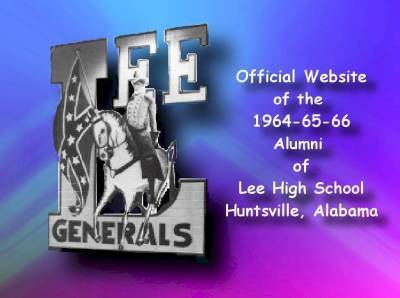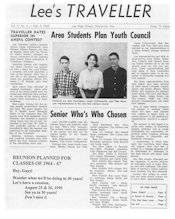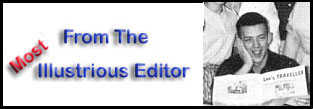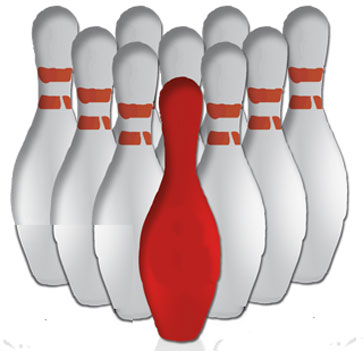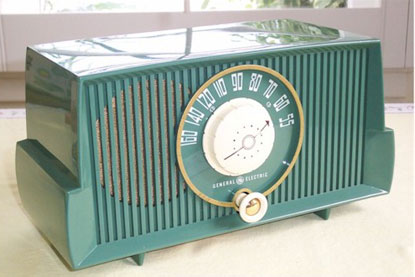We were playing Wii bowling the other night and I saw in one of the games the first pin in the rack was red. That reminded me of something from my early attempts at bowling. Do you remember the significance of red-pin bowling?
__________________
Andrea Gray Roberson, Class of '66 - They had Lots of No Tap Tournment at Pin Palace. If you were up to bowl and you had the Red Head Pin and you only got 9 pins then it counted as a Strike. Lots of bowling fun around Huntsville in our youth. Fun place to bowl, eat good hamburgers, and see lots of your friends. I bowled on Saturday and I was on an all girl team. There were several all boy teams and they thought they would win the league BUT the last night of bowling there was a tie between my team and one of the boys team so we had to have a roll off and MY team won our league that year!!! On my team was me, Shirley Jones Moore, Pat Dickens Thomas and Caroy Newby Lynn (three from Lee's class of '66). I cannot remember all of the guys but I think they were Ronnie Ealy, Gary Ealy and Butch Newby. Boy, did we give them a hard time about letting 5 girls win the league.
(Editor's Note: Partially right Andrea - the bit about getting nine pins counting as a strike in no-tap bowling. However, the red pin bowling was when one red pin was put in a rack and if it happened to end up as the head pin on a new frame and you got a strike when it was there, you won a free game of bowling. That meant that if it came up, you had to go up to the counter and alert the person there so that they could watch you bowl and see if you got the strike.)
___________________________________






